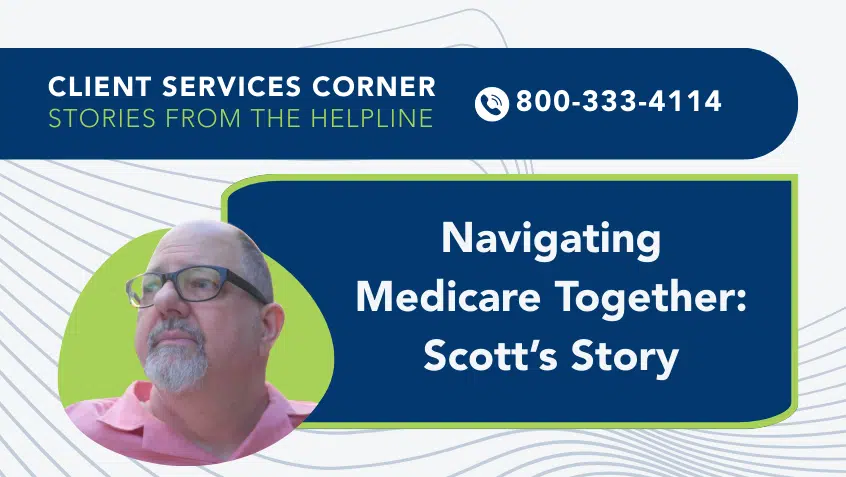Join Us Live for a Discussion on Medicare, Democracy, and the Future of Health Care
President’s Budget Targets Critical Programs for People with Medicare

This week, President Trump submitted his annual budget request to Congress. The administration’s plan includes legislative proposals and detailed funding recommendations for Fiscal Year 2019 (FY19) which runs from October 1, 2018 through September 30, 2019.
While the President’s budget request is not binding on Congress and does not directly lead to any program or funding changes, it does outline the administration’s priorities and serves as a roadmap for future rulemaking and legislative action. It is, at its core, a statement of values. It’s incredibly troubling, then, that this year’s budget blueprint again prioritizes deep cuts to programs critical to the health and economic security of older adults and people with disabilities—including Medicare, Medicaid, and the Affordable Care Act.
The President’s FY19 budget recommends more than $490 billion in Medicare cuts over 10 years. If these changes were implemented, people with Medicare would face additional, significant barriers to accessing care. Not only would the budget request curtail beneficiary appeal rights and cause some to progress through the prescription drug “donut hole” more slowly, it would also expand prior authorization in traditional Medicare and incentivize health care providers to stint on care for those with ongoing, chronic conditions. Through these and other changes, the administration’s proposal largely fails people with Medicare and their families.
While the budget does seem to acknowledge the problems of Medicare beneficiaries with the highest prescription drug costs, it does nothing to address the underlying problem of exorbitant drug prices, and would actually worsen affordability for many Medicare beneficiaries, half of whom live on less than $26,000 a year.
In addition, the budget would eliminate the Medicare State Health Insurance Assistance Programs (SHIPs). SHIPs provide one-on-one, unbiased, personalized counseling to Medicare beneficiaries, helping them understand their rights and navigate their coverage options. With over 3,000 state and local offices, SHIP programs are critical to meeting the ever-growing demand for counseling and assistance at the community level. Gutting the program would leave millions of older adults, people with disabilities, and their families with nowhere to turn for personalized help.
The budget’s recommended changes would be particularly devastating for the 11 million people with Medicare who also rely on Medicaid for their health and long-term care needs. The budget would end Medicaid as we know it by slashing more than $1.4 trillion over the next decade and transforming the program into a block grant or per capita cap system. And the budget renews the administration’s efforts to repeal the Affordable Care Act, ending health coverage for millions and threatening access for millions more.
In short, this budget is full of damaging policies that would make it harder for people with Medicare to meet their basic needs. We urge Congress and the administration to reject this flawed budget, and to instead pursue bipartisan solutions that prioritize the health and well-being of all Americans.
Read our statement with the Center for Medicare Advocacy and Justice in Aging.
The Medicare Rights Center is in the process of analyzing the impact of the President’s budget request on people with Medicare and their families. Stay tuned for updates!
This article made possible by generous support from the Retirement Research Foundation.
Show Comments
We welcome thoughtful, respectful discussion on our website. To maintain a safe and constructive environment, comments that include profanity or violent, threatening language will be hidden. We may ban commentors who repeatedly cross these guidelines.
Help Us Protect & Strengthen Medicare
Donate today and make a lasting impact
More than 67 million people rely on Medicare—but many still face barriers to the care they need. With your support, we provide free, unbiased help to people navigating Medicare and work across the country with federal and state advocates to protect Medicare’s future and address the needs of those it serves.
The Latest
Most Read
Add Medicare to Your Inbox
Sign up to receive Medicare news, policy developments, and other useful updates from the Medicare Rights.
View this profile on InstagramMedicare Rights Center (@medicarerights) • Instagram photos and videos









